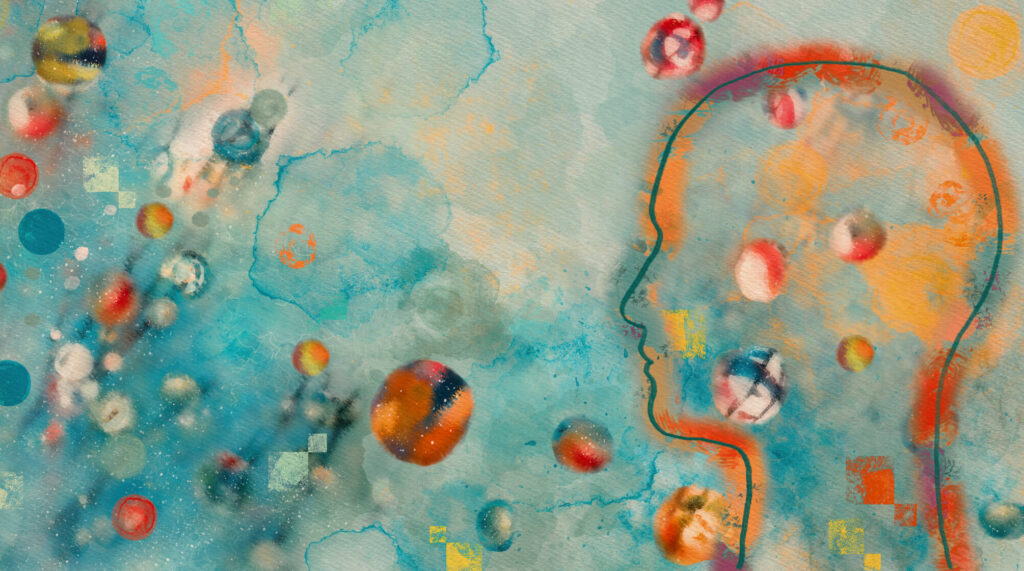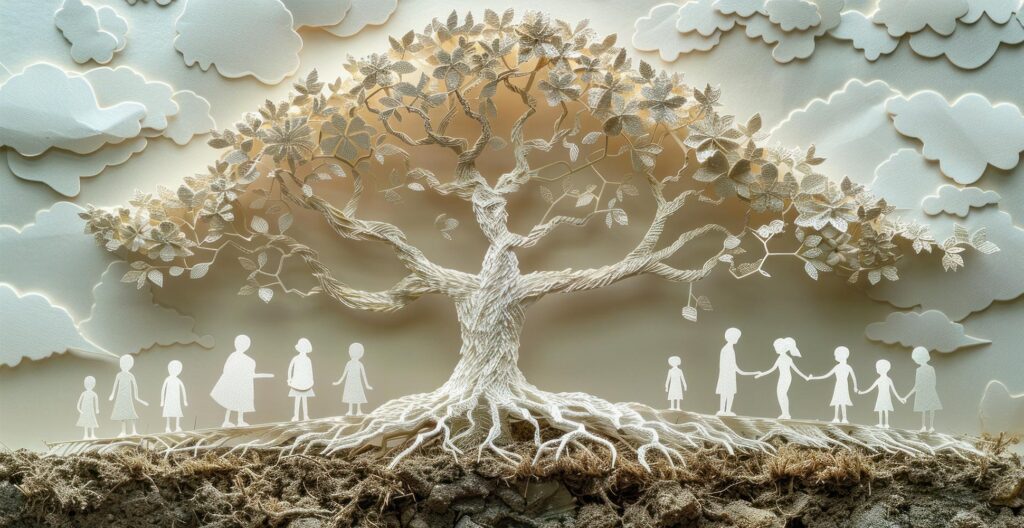Something changes within ourselves when we are able to come to a place in our journey when we genuinely and authentically forgive someone who has caused us pain. It’s as if the heavy weight of shame, doubt, and self-blame is lifted from us and becomes weightless. Where before there was resentment and anger there is now space for compassion and understanding.
The journey of forgiveness does not have a timeline, this is not something that has to happen right away or before you are ready. Forgiveness comes when you are truly ready to forgive. Forgiveness does not mean reconciliation. You do not have to be ‘back together’, become friends again, or even be in that persons life to forgive them. Your forgiveness does not mean you condone the
hurtful act as somehow being right or justified. Forgiveness means that you are no longer tied to another through their anger, pain, sadness, and resentment. You are now able to find within yourself the capacity to have empathy for the offender.
The ultimate antidote to un-forgiveness is empathy. As Gandhi said, ‘The weak can never forgive. Forgiveness is an attribute of the strong.’ The most courageous thing you can do is to look inside yourself and find a way to see where the other person was coming from. What caused them to act in harmful ways, what path or hurts led them to that place, this is empathy.
Once you can create empathy you then have the capacity to free yourself and forgive. The forgiveness does not let the other off the hook; it frees you from the suffering! Forgiveness therapy improves your’ sense of well-being by promoting feelings of peacefulness toward yourself as well as others.
No longer are you a victim of someone else’s unfortunate circumstances, but you become truly a survivor.








